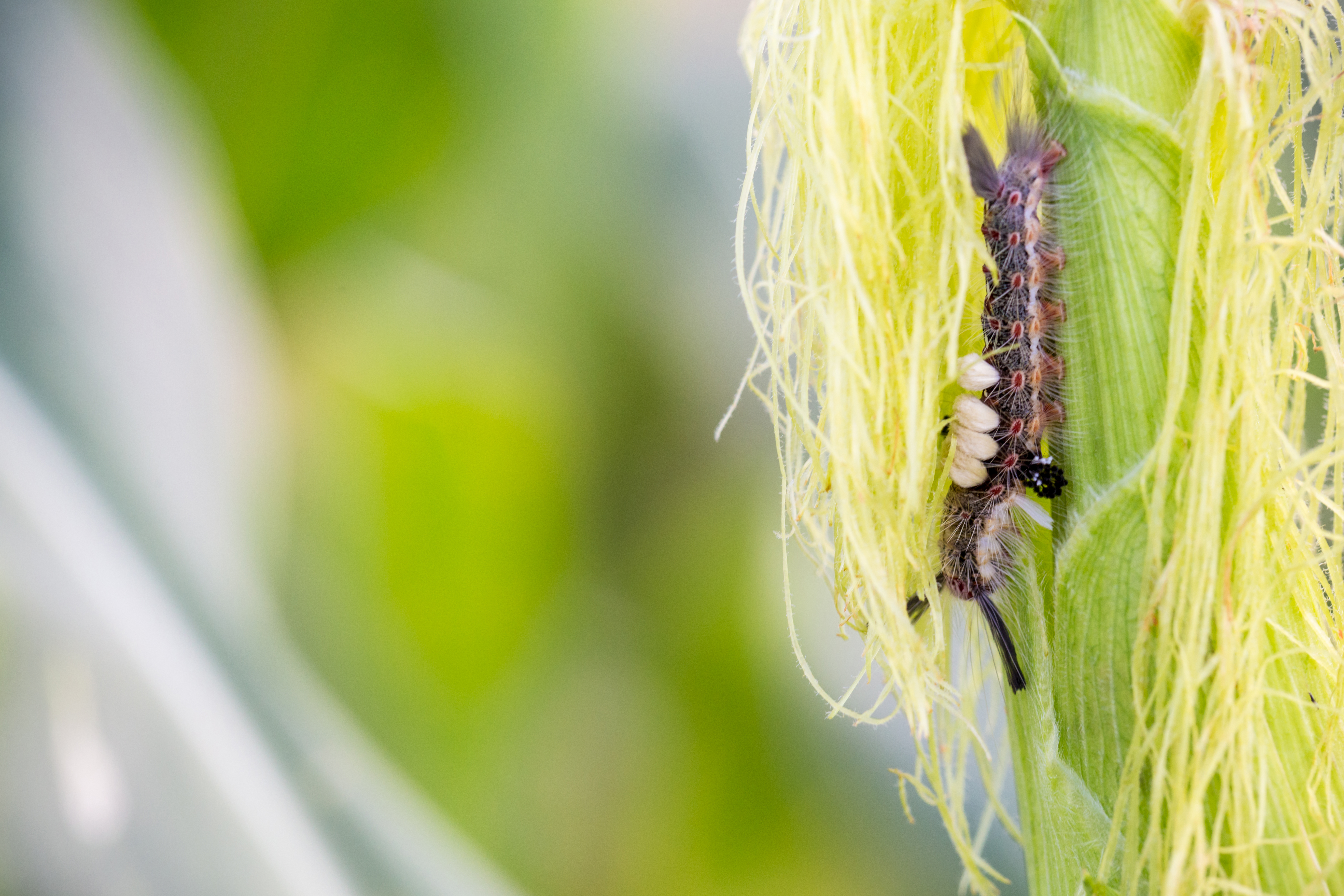Biological pesticide firm Greenlight Biosciences has raised an $18 million Series D round led by farmland and agtech fund investor Fall Line Capital. AgriFood specialists S2G Ventures and Lewis and Clark Ventures also participated in the round alongside Macro Capital Investments and the majority of GreenLight’s existing investors, including Kodiak Venture Partners, MLSCF, Syngenta Ventures and others.
This round brings Greenlight’s total disclosed fundraising to $46 million, though the value of the company’s Series C round in 2015 was undisclosed.
Greenlight’s technology targets pests’ RNA, the material that DNA employs to communicate what proteins to build, so that essential proteins are not manufactured, causing the death of certain insects and other pests. Because the pesticide, which is made of double-stranded RNAs (dsRNA), is so targeted, it only affects the intended organisms and does not affect the plant or those that consume the plants.
Greenlight is also working on different ways of manipulating RNA to treat disease in humans and animals and to create vaccines. According to the company’s website, large-scale production of RNA has traditionally been prohibitively expensive. Greenlight claims to have created a new processing method that mitigates this fundamental issue, which they say will allow them to scale.
GreenLight plans to use the new funds to accelerate the development and field testing of a number of dsRNA molecules targeting insect and viral pests in high-value crops.
The Medford, MA-based company has yet to bring a product to market since its founding in 2008, but the CEO Andrey Zarur claims that this round will clear the path to market. “The completion of our Series D round of financing allows us to expedite the commercialization of these next-generation agricultural products,” said Zarur.
RNA interference or RNAi won Craig Mello and Andrew Fire a Nobel Prize in 2006 and ag companies started working on applying the technology to seeds and sprays soon after.
Agriculture’s major players, including Greenlight investor Syngenta, all seem to be working on RNA-based pesticides in some form.
Monsanto debuted a RNAi-based pesticide in 2015. And Syngenta acquired Devgen for $523 million in 2012 to boost its RNAi efforts.
The US Environmental Protection Agency approved a variety of genetically-modified corn embedded with the pesticidal RNA for use in June, but Jeffrey Nee of Monsanto told New Scientist that the company would likely not launch the product until the end of the decade.
Similar technology has also been used in a virus-killing clay developed the University of Queensland in Australia called BioClay. This product though uses RNA to build up a plant’s defenses, as opposed to targeting pests, however.
Fall Line Capital also participated in Benson Hill Biosystems Series B round in May, Trace Genomics’ seed round last year, and Granular’s Series B Round in 2015.





